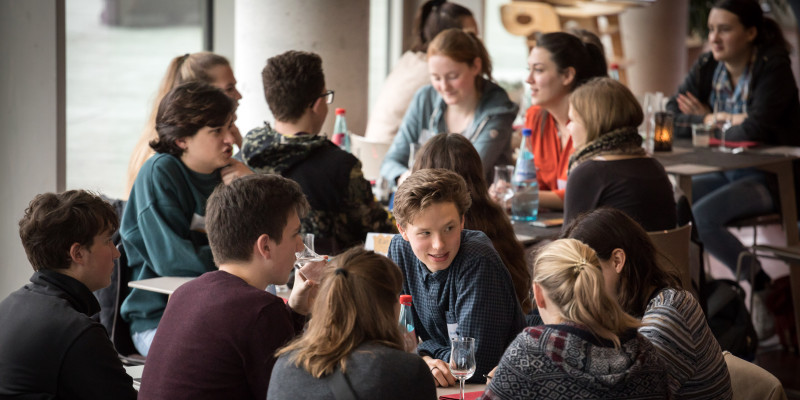Federal Environment Minister Svenja Schulze said: "Young people are much more politically minded than many had assumed. Climate action and environmental protection are important to many young people, and they have been taking to the streets for longer than just Fridays in the past year. They get involved and are networking, fully aware of the responsibility their action bears for the future and often live lifestyles that are demonstrate awareness of the climate and the environment. Many have also realised that climate action and environmental protection must also take social equity aspects into consideration. This level of awareness among young people will provide environmental policymaking in Germany with great support over the next few decades."
UBA President Dirk Messner said: "Digitalisation has been a reality of life for young people for a long time which they do not call into question. However, they also recognise the risks it poses, such as the burden on the climate from devices and computer centres or raw material consumption. That is why it is all the more up to policy makers to steer the course of the transformation of society. If we play an active role in managing digitalisation, it can provide untold opportunities to improve people's lives while also protecting and sustaining our livelihoods."
More than 1000 young people ages 14 - 22 were surveyed by the Institute for Economy Research (IÖW) and partners in summer 2019. Young people were also involved in the process of designing the study including a ten-member youth advisory council. Youth identify environmental protection and climate change mitigation as one of the most important issues in Germany, with 45 percent rating it "very important" and another 33 percent as "somewhat important".
Other similarly important problems are the state of education and social justice issues. 87 percent say it is important to live in a democracy. A majority say elections and the EU are important. More than three quarters of those surveyed approve of these aspects.
80 percent of those polled had heard of Fridays for Future. Nearly one quarter had already participated in the Fridays for Future climate strike demonstrations, and nearly everyone – 90 percent – said they could imagine doing so again. 87 percent said that social issues such as the coexistence of people, solidarity, justice and helping others were interesting or somewhat interesting. Environmental protection and climate change mitigation are seen as positive influences on social goal setting. 65 percent are concerned that future generations will suffer from massive environmental problems without adequate measures to protect the environment and climate. Another concern is that people with limited budgets should also able to afford environmentally friendly products.
The respondents see both chances and risks for the environment and climate in digitalisation. Social media are good sources of information and opportunity for exchange on these issues. In contrast, the environmental impact of e-commerce as a result of the transport and packaging of consumer goods are considered negative.
 Click to enlarge
Click to enlarge


